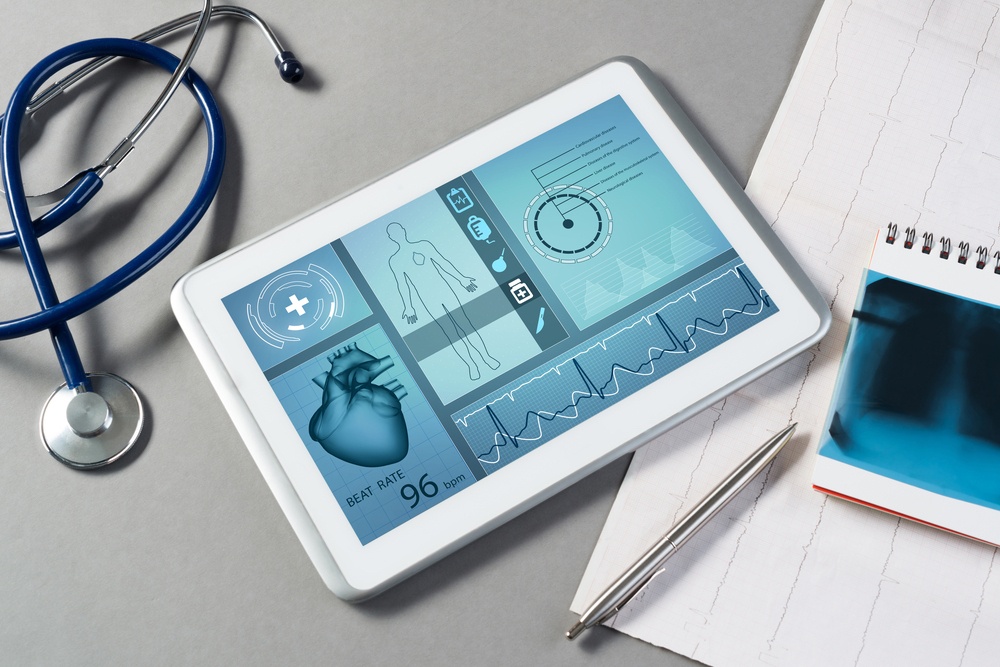



Get new exclusive access to healthcare business reports & breaking news




The quest for health and wellness knowledge continues to grow; in fact, 80% of Internet users search for health-related topics online.
As more of us search for health information online, we are increasingly connecting via mobile devices. The substantial rise in mobile connectivity has resulted in more searches made at the moment of impulse – the ‘micro-moment.’
“Micro–moments occur when people reflexively turn to a device – increasingly a smartphone – to act on a need [or desire] to learn something, do something, discover something, watch something, or buy something. They are intent-rich moments when decisions are made and preferences shaped.” – Google
These micro-moments present a significant opportunity for those who participate in the healthcare industry. Think about these micro-moments as a way to forge deeper relationships, provide greater empowerment and, ultimately, deliver new insights to the healthcare consumer.
These “I want to learn”, “I want to do”, and “I want to buy” moments happen every day in the life of a healthcare consumer. They can occur when waiting in line for a prescription at the pharmacy, when delayed at a lab or doctor’s office, or while hanging out online via a telemedicine appointment. Serving up curated, relevant, well-timed content creates a personalized and simplified experience in an otherwise complex system during an often overwhelming healthcare journey.
Engaging visual content (such as animations and videos) presented at the right “micro-moment” has the ability to richly communicate complex topics in a more digestible form. As video continues to capture a larger share of online search results, it becomes an increasingly useful and efficient way to help consumers navigate within the healthcare ecosystem.
The key is to anticipate the needs of a healthcare consumer and deliver content at the moment a diagnosis is made, or when decisions around treatment need to be decided. As traditional face-to-face interactions with clinicians declines, patients are increasingly viewing their smartphones as personal health advisors. They expect to find answers online, as fast as possible, with little to no effort.
Delivering short bursts of knowledge to meet and anticipate patient needs during their journey of care can be used to change behavior and achieve positive health outcomes.
The research phase of a healthcare consumer presents one of the greatest opportunities for healthcare providers to integrate, relevant and useful information. During this phase, the data indicate that 63 percent of healthcare consumers are looking for insight into a specific disease or medical problem and an additional 47 percent are looking for information on a particular medical treatment or procedure.
One emerging health trend is the use of health bots as an integrated part of healthcare workflows to improve efficiency and outcomes. Along with the use of artificial intelligence, natural language processing and machine learning, health bots are creating personalized interactions with users.
By deep linking content into a health bot platform, video content and rich visuals can be served up to enhance the overall customer experience. Imagine that when a diabetic patient is reminded to modify his diet by making an ingredient substitution to improve insulin levels, a 20-second animation on “what is insulin resistance” could pop-up on the screen. Inserting educational content at pivotal decision points could be used to improve adherence and trigger behavioral changes.
Use of video tutorials, and how-to-guides are critical at times when a patient is at home taking medications or using at-home health devices. Patients often have a hard time recalling what was communicated during a recent patient visit or telemedicine appointment, making any type of instructional content more relevant during times of actual use.
When my son was diagnosed with asthma, I recall getting alerted by the pharmacy via a text that his inhaler was ready to be picked up. Why not, also serve up a short 30-second video on how to use an inhaler? By deep-linking relevant health content based on pre-programmed algorithms, the pharmacy could instantly and seamlessly deliver greater value to the patient, increasing patient satisfaction while simultaneously improving compliance.
During this phases, the healthcare consumer looks to directly compare products and value relative to pricing. Eighty-two percent of those who have smartphones will review products on their mobile devices while shopping in a store to inform their decision.
Just the other day, I went into my local retail pharmacy to purchase a blood pressure device for my father. He wanted a simple machine to check his blood pressure a few times a day. When confronted with all of the various options at the pharmacy, I was overwhelmed by the choices and realized that I was not prepared to make a selection.
What if the retail pharmacy had tablets in the aisle to provide customers with a touch screen to give them more information about the features to consider, and other clinical guidance to make a purchase easier, thereby improving the customer experience?
Today, patients are bombarded with false health information and overwhelmed with multiple decision points along their continuum of care. By proactively looking across all channels and assessing various customer touch points, the healthcare industry can begin to anticipate and meet patients’ informational needs. Delivering relevant, curated content at the right “micro-moments” could lead to greater patient empowerment and improve patient outcomes.
This article was penned by Kavita Bouknight, co-founder and CEO of Match Health.
Match Health is a consumer-driven health education company focused on building content platforms to address the informational needs of consumers and bring greater awareness and access to new health innovations. The company works with clients to maximize user engagement through various digital channels by using content. Match Health has an extensive in-house media library and also co-creates new content to meet the needs of its clients. Contact [email protected] to create a new consumer experience through robust health content.